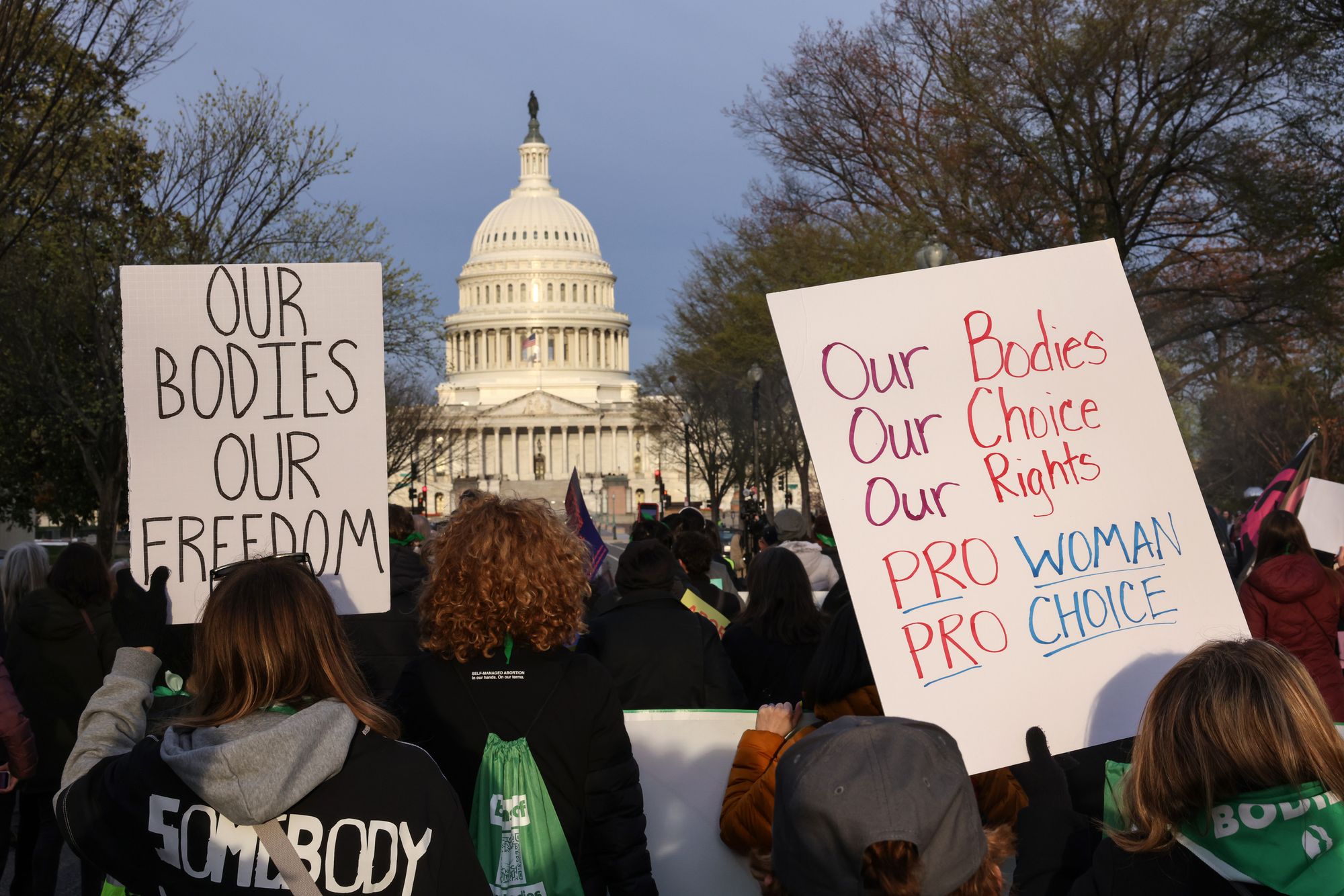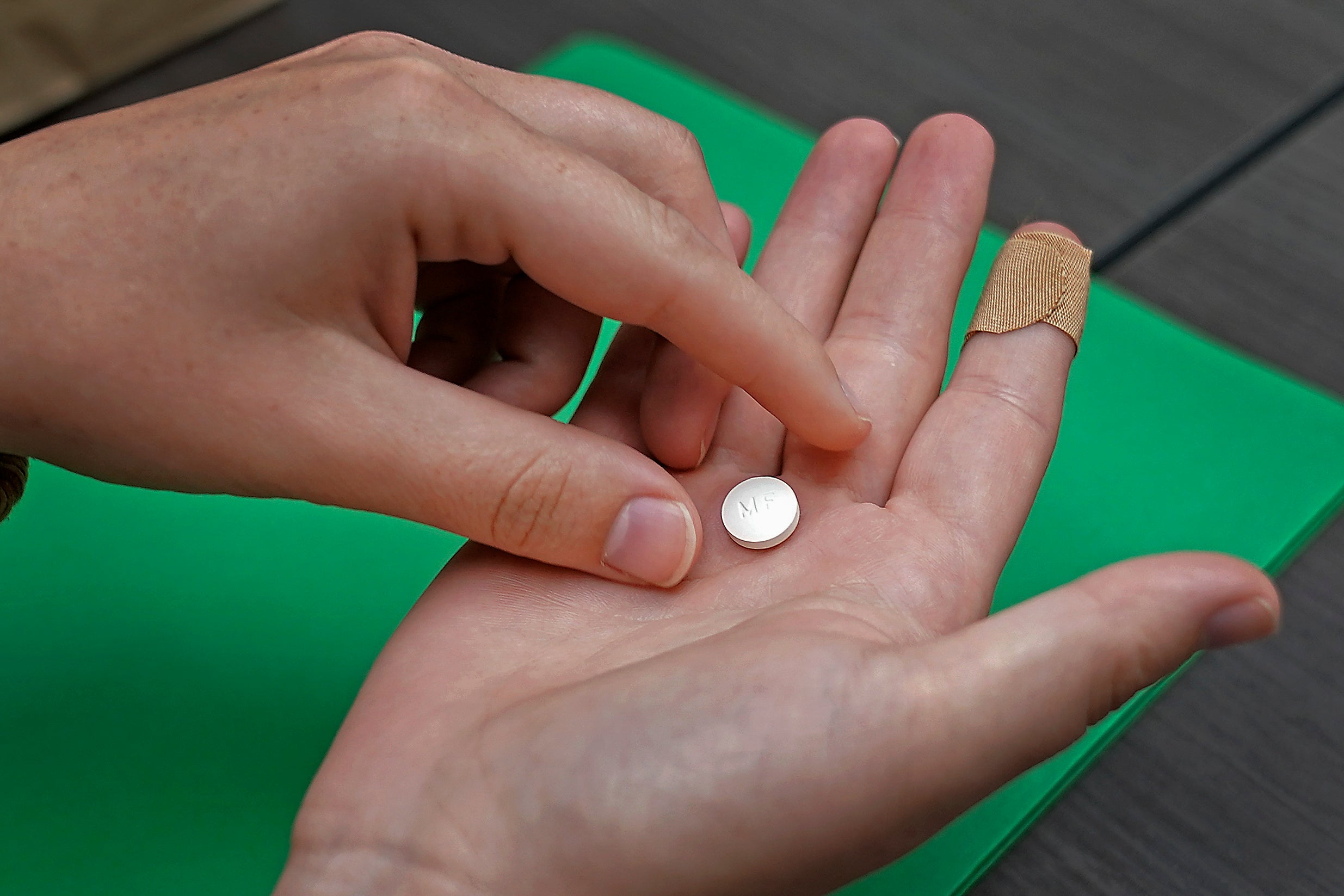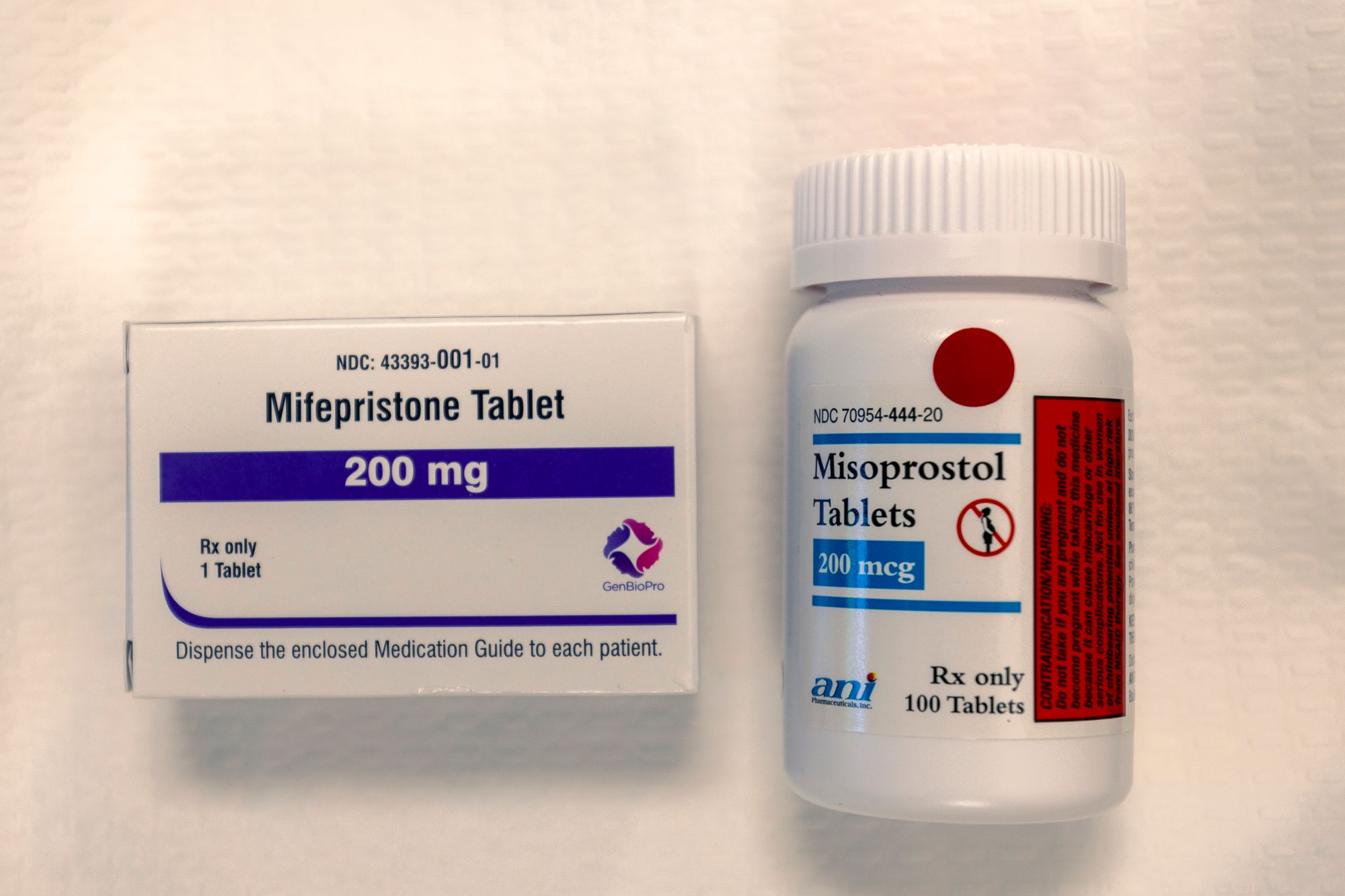Health and Human Services Secretary Robert F. Kennedy Jr. has launched a Food and Drug Administration review of the mifepristone pill used in two-thirds of abortions across the country.
In a letter to over two dozen Republican attorneys general who requested the FDA review, Kennedy and FDA Commissioner Marty Makary said the agency would conduct “its own review of the evidence, including real-world outcomes and evidence, relating to the safety and efficacy of the drug,” per ABC News.
Kennedy and Makary said the prosecutors’ concerns “merit close examination.”
“This Administration will ensure that women’s health is properly protected by thoroughly investigating the circumstances under which mifepristone can be safely dispensed,” the letter read.
Makary told Politico in July he had “no preconceived plans” to make policy changes for mifepristone.


The Independent has reached out to the White House and HHS for comment.
Mifepristone is typically used in combination with misoprostol for abortions.
In a statement shared by ABC News, Planned Parenthood, the nation’s leading reproductive health care provider, insisted on the safety of mifepristone.
“For 25 years, mifepristone has been used safely and effectively by patients across the country,” Danika Severino Wynn, vice president of care and access at Planned Parenthood Federation of America, said.
Wynn continued: “Recent innovations like telehealth have expanded access to people who would otherwise be unable to get abortion care — and the difference that has made in the reproductive lives and futures of Planned Parenthood patients is undeniable.”
From the time mifepristone was approved by the FDA in September 2000 to December 2024, there were 36 reports of deaths in patients associated with the drug, according to the agency.

Guttmacher Institute, a reproductive health research group, found medication abortions made up 63 percent of all abortions in the U.S. in 2023.
Medication abortions have become vital for some patients in states with abortion bans, as the pills can be mailed across the country. As of July, 12 states have total abortion bans, according to Guttmacher Institute.
In June 2024, the Supreme Court unanimously preserved access to mifepristone by rejecting a legal challenge by anti-abortion groups, about two years after it overturned Roe v. Wade, removing the constitutional right to abortion.


